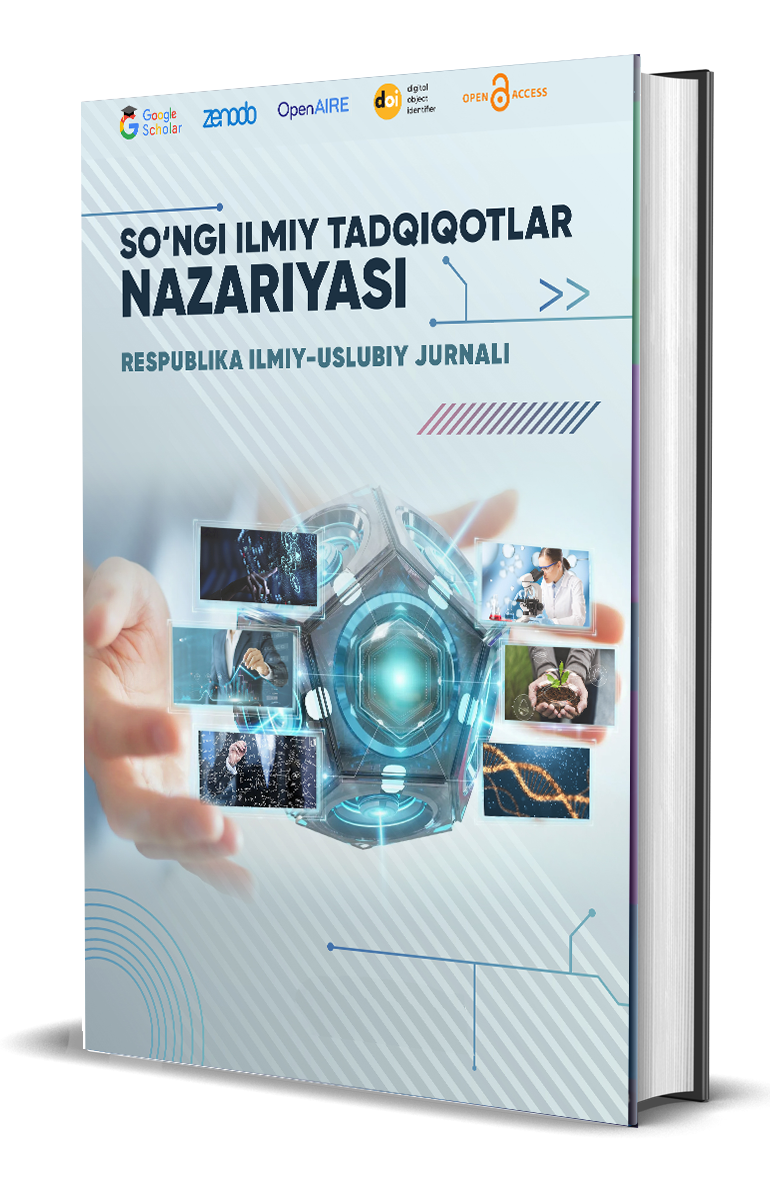THE EVOLUTION OF DICTIONARY USE: FROM PRINT TO DIGITAL AGE
Keywords:
Dictionary evolution, digital dictionaries, lexicography, language learning, language technology, educational tools, language accessibility, language standardization, vocabulary building, artificial intelligence in lexicography, language evolution, print dictionaries, language accessibility.Abstract
This article explores the evolution of dictionaries from print to digital formats and analyzes the shifts in how people use and perceive dictionaries over time. Historically, dictionaries served as authoritative sources of language, helping with vocabulary building, standardizing language, and reflecting cultural values. With the rise of digital technology, dictionaries have become more accessible, interactive, and responsive to rapid changes in language. This paper examines the impact of digitalization on lexicography, highlighting how digital dictionaries offer enhanced functionality, support language learning, and provide instant access to a wealth of information. It also discusses the benefits and challenges of digital dictionaries, including issues related to accuracy, privacy, and cultural representation. Additionally, the paper considers the role of artificial intelligence and machine learning in shaping the future of dictionaries. The transition from print to digital dictionaries marks a significant change in our relationship with language, reflecting broader societal and technological shifts.
References
11. Ammon, U., Dittmar, N., & Mattheier, K. J. (2006). Sociolinguistics: An International Handbook of the Science of Language and Society. Walter de Gruyter.
12. Béjoint, H. (2010). The Lexicography of English. Oxford University Press.
13. Crystal, D. (2006). Words, Words, Words. Oxford University Press.
14. De Schryver, G. M. (2003). Lexicographers’ Dreams in the Electronic-Dictionary Age. International Journal of Lexicography, 16(2), 143–199. doi:10.1093/ijl/16.2.143.
15. Hanks, P. (2012). The Impact of Modern Technology on Lexicography. Lexikos, 22, 1–19.
16. Landau, S. I. (2001). Dictionaries: The Art and Craft of Lexicography. Cambridge University Press.
17. McKean, E. (2005). The New Oxford American Dictionary. Oxford University Press.
18. Moon, R. (2008). Corpus-Based Lexicography. Routledge.
19. Rundell, M. (2012). The Road to Automated Lexicography. In The Oxford Handbook of Lexicography (pp. 87-109). Oxford University Press.
20. Zgusta, L. (1971). Manual of Lexicography. Mouton de Gruyter.

